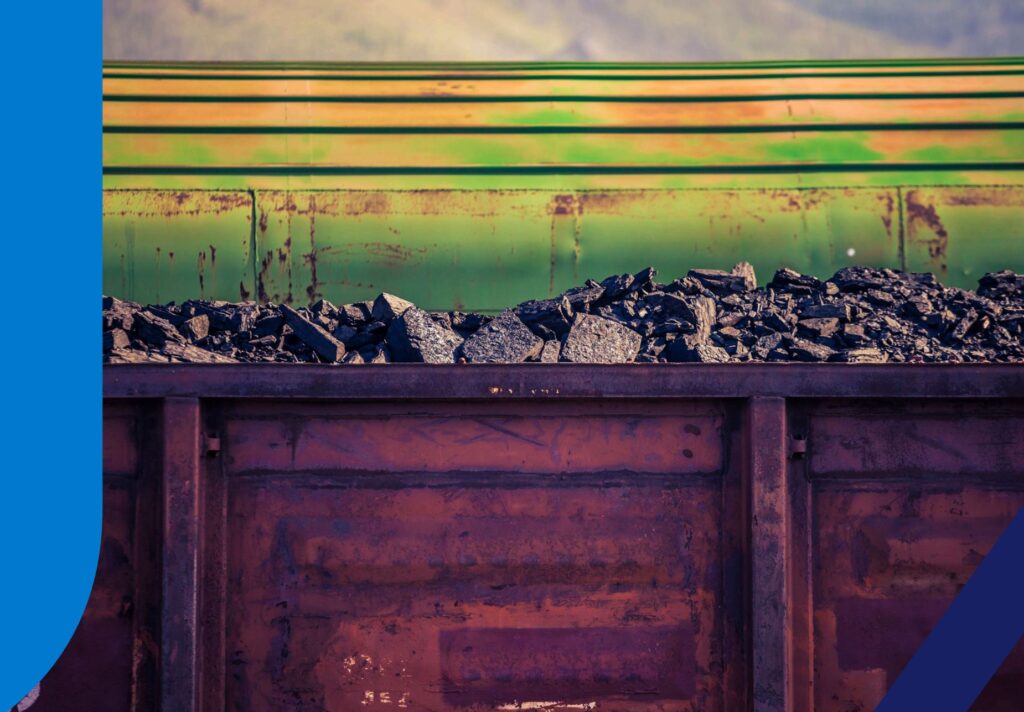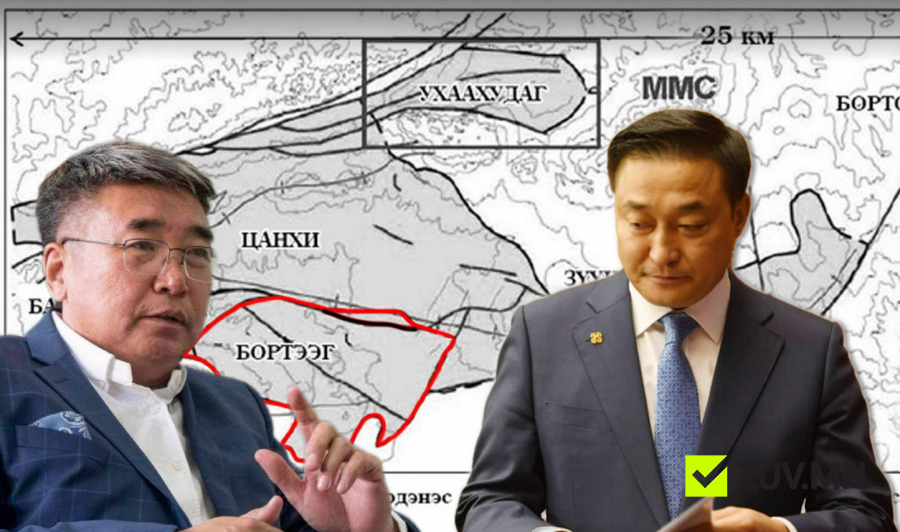Allegations of corruption in Mongolia’s coal trade with China in late 2022 sparked public protests – and
highlighted critical shortcomings in the management of the minerals sector. While the government took action to improve policies, enforcement is insufficient and there is a lack of coordination among the different agencies that exercise investigative and prosecutorial powers. Parliamentary elections in 2024 may be an opportune moment for reformers to address these gaps.
Main points ▪ Coal is a strategic commodity for Mongolia and an important source of revenue. More than 80% of Mongolian foreign trade comes from coal and other minerals. ▪ In 2022, allegations surfaced that coal was being illegally transported across the Chinese border. High-ranking politicians and influential business leaders were implicated and the loss to the Mongolian economy was as high as US$11 billion, by some estimates. ▪ The allegations drew public protests and media coverage in Mongolia and abroad, and the issue became politicised. The case highlighted critical institutional shortcomings in the management of the minerals sector. ▪ The designation of the coal deposit as of ‘strategic importance’ enabled information to be withheld, undermining transparency. The use of offtake contracts allowed coal to be undervalued. ▪ The lack of transportation and accessible border facilities, as well as COVID-19-related restrictions, presented opportunities for railways and customs officials, as well as border militias to demand bribes. ▪ Prompted by this and other prominent corruption cases, the state amended criminal laws in December 2022, and has taken measures to address corruption in strategic minerals and across the economy. ▪ A parliamentary hearing and investigation were announced but have been delayed. Eight criminal cases were launched and five have been decided. The former CEO of the state-owned coal company and 11 others were charged with money laundering. ▪ Mongolia has laws and institutions to tackle corruption, but they are insufficiently enforced and operationalised. There is scope to do more to address identified gaps.

‘China is undercutting the entire economy by exploiting the dirtiest coal in the world, mostly from Mongolia’, said Joe Biden during the Democratic Party presidential debates in 2020.1 In fact, Mongolia exports around 34 million tonnes of coal annually to China, while China imported 39 million tonnes of coking coal (from all sources) in July 2023 alone.2 The economic fortunes of Mongolia are closely tied to the dynamics of the Chinese coal market. What happens in the Chinese coal sector can directly and disproportionately shape the economic landscape of Mongolia. Indeed, a recent scandal known as the ‘coal theft’ case might pose lasting damage to the nation’s mineral sector. This U4 Brief looks at allegations of corruption in Mongolia’s minerals sector. It delves into the critical challenge of tackling corruption in the sector and highlights the potential long-term implications to industry sustainability and the integrity of mineral supply chains.
This brief is rooted in three distinct sets of data. To understand the governance of Mongolia’s strategic minerals, five months of field work were undertaken in the eastern and western parts of South Gobi province, where the Tavan Tolgoi coal deposit at the centre of the ‘coal theft’ case is situated. Interviews with 74 individuals, including lawyers, officials, NGO members, and herders, were supplemented by analysis of nearly 50 court cases in the mineral sector. To contextualise the case in the broader setting of Mongolian minerals governance and the country’s anti-corruption landscape, 23 further interviews were conducted with members of local and state governments, politicians, legal advocates, prosecutors, scholars, and truck drivers.
The brief starts with an introduction to the coal theft case. It then summarises significant features of Mongolia’s mineral sector and anti-corruption legal framework. The brief then outlines the implications of the case for reformers, particularly possibilities for enhancing anti-corruption measures in Mongolia’s strategic minerals sector.
Bayar Dashpurev
Series editor
Aled Williams





